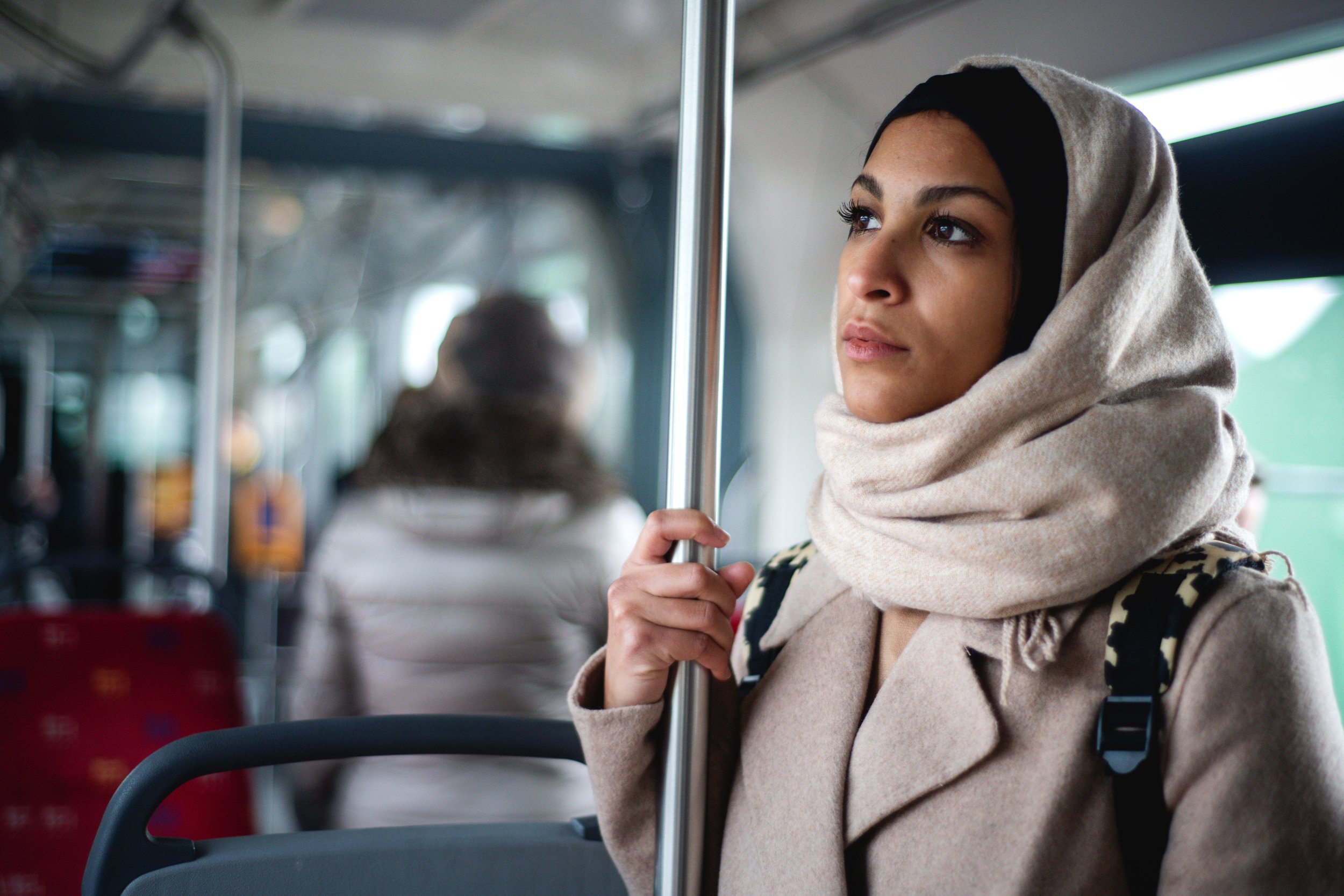
Tawazon: Promoting the Leadership and Voice of Women
Client: Mercy Corps Jordan
Pillar: Gender and Social Inclusion
Thematic Area: Girls’ and Women’s Empowerment
Services Provided: Research and Strategy Development
The Challenge
In the cultural landscape of Jordan, the interplay between societal norms, gender roles, and mobility has given rise to a complex web of perceptions and expectations relating to women’s agency and decision-making. In an assessment by the World Bank in 2020, Jordan scored 25 out of 100 on women’s mobility.
Restricting the mobility of females is often construed as an act of safeguarding and woven into the fabric of familial and societal structures. This phenomenon underscores a pervasive belief in the perceived vulnerability of women and their perceived incapacity compared to men, a belief both externalised and internalised among women themselves.
Existing research primarily views mobility restrictions as a barrier to economic participation, encompassing challenges related to transportation, working hours, care work, and societal norms.
The Objectives
What We Did
Social and Behavioural Principles
To ensure women’s meaningful participation in the public and private sphere, the priority behaviour of the strategy centers women’s mobility and decision-making, as in their ability to decide if, where, when, and how to go out of their home and into the public space and to exercise these decisions. The way this mobility takes shape varies for each woman, depending on her own personal goals and aspirations. The decisions exercised with regards to their own movement is the product of multiple factors: her self-confidence and autonomy, the support she receives from relatives and the community and the lack of barriers, and the existence of a supportive legislative and structural environment. Mobility is therefore the manifestation of women having agency and decision-making power, and it is also the precursor to their empowerment.




